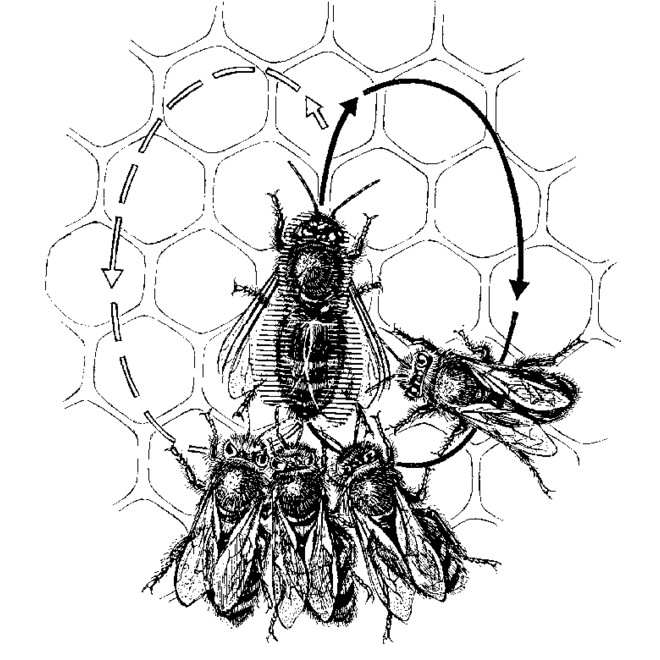Human Language, Animal Code, and the Question of Beeing
DOI:
https://doi.org/10.52537/humanimalia.9629Abstract
In this paper, I want to question the distinction between the human capacity for language on one hand and various forms of communication among nonhuman animals on the other by talking about bees. More specifically, I am interested in the discussion of the honey bee’s “dance language” in the work of two key figures in structuralist theory, the Syrian-born French linguist Émile Benveniste and the French psychoanalyst Jacques Lacan. In the first part of my paper, I present a close reading of some selected texts by Benveniste and Lacan in which they critically assess the Austrian zoologist and Nobel laureate Karl von Frisch’s research on communication among honey bees. In the second part of my paper, I compare Benveniste and Lacan’s discussion of the honey bee’s “dance language” to the German philosopher Martin Heidegger’s discussion of the bee in relation to his work on language and the question of being. I argue that in contrast to Heidegger’s humanist discourse, Benveniste and Lacan’s antihumanist discourse only offers a new form of humanism itself – a post-Darwinian humanism that is not hindered at all by any biological theory of natural selection or evolution.
Downloads

Published
Issue
Section
License

This work is licensed under a Creative Commons Attribution-NonCommercial 4.0 International License.









